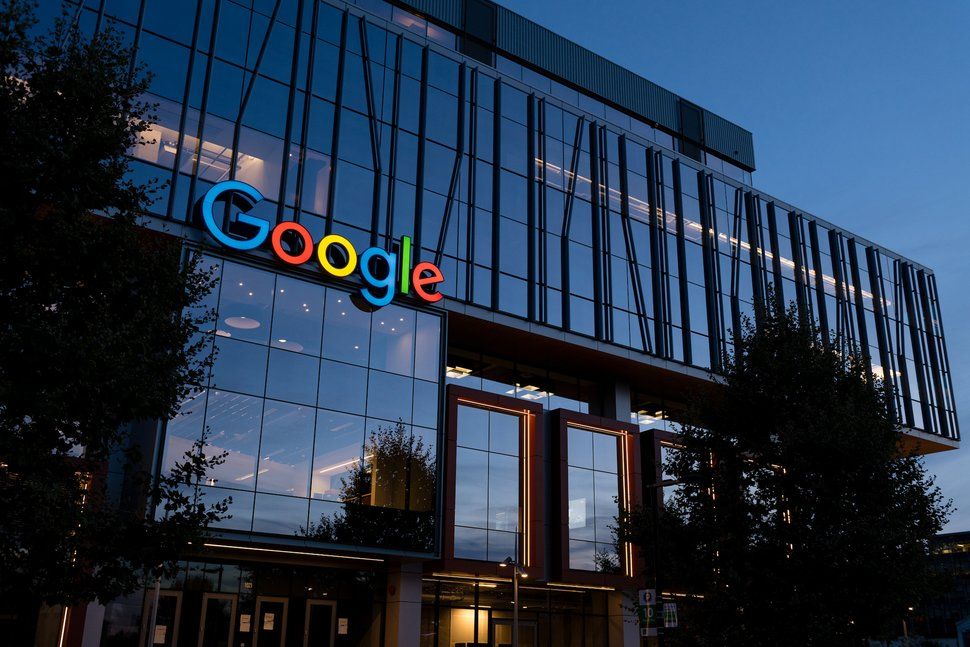
Does Google Know Its AI Summaries Are Bad News for Publishers
Aug 18, 2025 |
👀 104 views |
💬 0 comments
For months, the digital ink has barely dried on panicked reports from newsrooms and content creators across the globe. The culprit? Google’s AI Overviews, the summarization feature now dominating search results. While Google insists its AI is a helpful co-pilot for users, for the publishers who create the very content that fuels it, the feature is looking less like a co-pilot and more like a hijacker.
The promise of AI Overviews, which Google widely rolled out earlier this year, was to provide users with quick, concise answers to their queries, synthesized from the best information on the web. But as we stand here in August 2025, the grim reality for many Nigerian and international publishers is setting in: Google is no longer just a gateway; it's becoming the final destination.
The core of the problem is a fundamental disruption of a decades-old internet bargain. Publishers create high-quality, researched content. In return, Google indexes it and sends traffic to their websites, which they can then monetize through advertising, subscriptions, or e-commerce. It was a symbiotic relationship.
AI Overviews shred that contract.
Recent data from multiple analytics firms paints a stark picture. Since the AI feature became a default part of the search experience, referral traffic from Google to a wide swath of news and information sites has plummeted. Some reports cite drops of as much as 25-30% for certain types of informational queries. A user asking "What are the latest economic policies in Nigeria?" now gets a neat, bulleted summary at the top of the page. The answer is right there. The incentive to click through to the Financial Times, Stears Business, or even The Guardian Nigeria—the original sources of that information—has vanished.
Google’s defense is that its AI summaries drive "more valuable" traffic and that they provide prominent links to sources. A spokesperson for the company recently stated, "Our goal with AI Overviews is to help people get information more quickly and easily, and we're finding that it helps users consider more sources. We continue to prioritize approaches that send valuable traffic to publishers."
But publishers aren't buying it. Many argue the links are often buried or presented in a way that discourages clicks. The AI is effectively scraping their content, repackaging it, and presenting it as a Google product. This isn't just a traffic issue; it's an existential threat to their brand and authority. When a user gets an answer from "Google," the brand equity of the original publisher is diluted, if not erased entirely.
The situation is particularly dire for independent creators and specialized blogs that rely on search traffic for their livelihood. They lack the negotiating power of larger media conglomerates to strike licensing deals with Google. They are left watching their audience numbers dwindle, their ad revenue dry up, and their life's work being used as free training data for a system that is actively putting them out of business.
This isn't just a distant problem for outlets in Europe or America; it's happening right here. Nigerian publishers who have invested heavily in digital journalism are now facing a future where their most valuable asset—their original content—is being devalued with every search query.
While the debate rages on, one thing is clear. The shiny new AI-powered web that Google is championing looks remarkably convenient for the user and incredibly profitable for Google. For the creators and journalists who build the information backbone of that web, however, it looks less like the future and more like an extinction event.
🧠 Related Posts
💬 Leave a Comment
